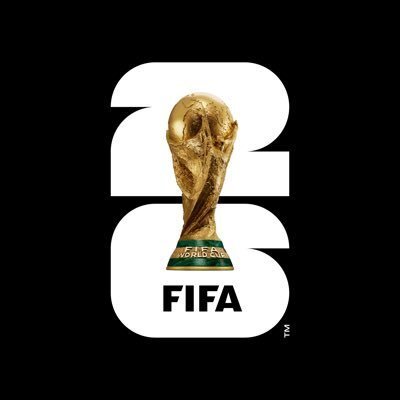FIFA on Wednesday cautioned fans against purchasing tickets to the 2026 World Cup from “unofficial ticketing sites” in response to a request for comment from ESPN about speculative ticketing from resale ticket websites in the United States and Mexico.
Individual tickets for the upcoming World Cup do not go on sale until the end of 2025, despite the current advertisement on secondary markets. Hospitality packages, however, will begin being offered to fans by the end of 2024.
“Tickets for the 26 FIFA World Cup™ will be sold exclusively via FIFA.com/tickets, with sales expected to begin in late 2025. FIFA advises all fans wishing to attend the tournament to only purchase tickets from official sources and to be wary of unofficial ticketing sites claiming to be already selling tickets,” FIFA said in a statement to ESPN. “Fans wishing to receive information on how to apply for 26 FIFA World Cup™ tickets can register at FIFA.com/tickets and follow the simple registration instructions.
“FIFA will keep registered fans up to date with the latest news and information on 26 FIFA World Cup™ tickets.”
FIFA did not confirm at this time whether legal action would be taken against websites offering unofficial tickets to the event, with listings already appearing on StubHub, Vivid Seats and viagogo.
In 2018, FIFA filed a criminal complaint against resale ticket website viagogo AG for offering fraudulent tickets to the World Cup in Russia.
The organization cited a “breach of the law on unfair competition” against the website, in an effort to end the business practices of unauthorized distribution channels. At the time, other stakeholders filed criminal complaints against viagogo as well, according to FIFA.
The entire ticket resale market is currently part of a larger investigation by the United States Department of Justice, after it filed an antitrust lawsuit earlier this year against Ticketmaster and its parent company Live Nation Entertainment. The governing body accused them of running an illegal monopoly over live events in America and asking a court to break up the system that squelches competition and drives up prices for fans.
The U.S. government, however, does not currently regulate the secondary ticket sales market.













